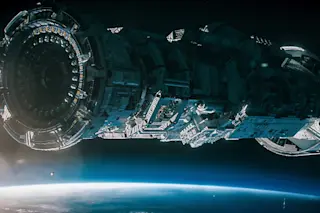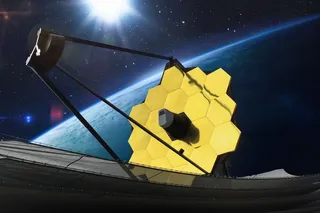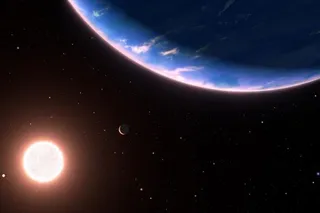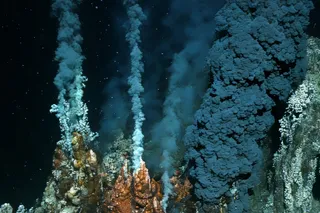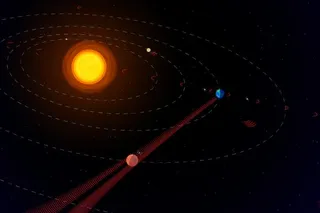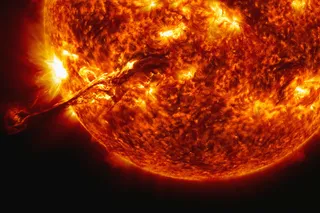What would it take to send a spaceship to an Earthlike world around another star? The question is commonly framed as a transportation issue. We would have to find ways to travel at a significant fraction of the speed of light in order to reach an alien planetary system in a reasonable amount of time. Even then, the transit time to the next Earth could be centuries or more, which reframes the question in more human terms: What would it take for the crew to survive the trip intact — both healthy and sane?
That second version of the question is what motivates Voyagers, a new science fiction film about a crew of 30 genetically engineered teenagers on a century-long interstellar trip. In a sense, a hundred-year interstellar journey is not that much different from one that lasts a thousand years, or even ten thousand years. Once you have built ...


